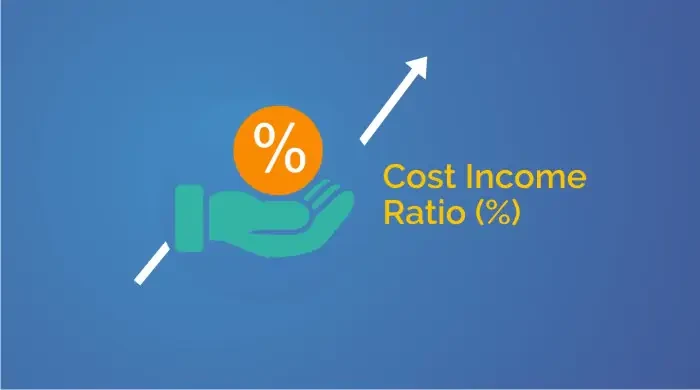
MEXICO CITY — Juan Ramirez makes up to $42 a week selling candy, newspapers and other items from his street kiosk, but he’s not interested in a new Mexican law that aims to bring millions of workers out of the country’s informal economy. Report by Reuters
“I don’t think it is going to benefit companies or workers,” said Ramirez, who has scraped together a living on the same street corner for nearly three decades, working 72 hours a week.
Low company salaries and his own lack of academic credentials would keep him there, he said.
The 46-year-old is one of at least 14 million informal workers in Mexico and policymakers hope the new law, which went into effect last weekend, will entice at least some of them into formal positions by creating up to 400 000 jobs a year.
But many companies, workers and lawyers say the law creates scant incentives for employers to boost hiring and offers little to draw workers out of the informal sector, where selling gum, moonshine or water at traffic lights or on the beach can often make more money than working in low-paid formal jobs — and also escapes taxes.
“There simply aren’t very notable changes of substance . . . It is really more appearance than reality,” said Carlos de Buen, a union labour lawyer, who said the benefits of informal employment trump the law’s minor fixes.
Some economists put the job gains from the reform, which aims to make it easier for companies to hire and fire workers, as high as 1,2 million per year, eating away at the black economy that costs the country roughly $50 billion in lost revenue each year.
Mexico’s biggest labour shake-up in four decades has been cheered by business leaders who had long argued that an overhaul of workforce regulations was needed to make Latin America’s second biggest economy more competitive.
- Chamisa under fire over US$120K donation
- Mavhunga puts DeMbare into Chibuku quarterfinals
- Pension funds bet on Cabora Bassa oilfields
- Councils defy govt fire tender directive
Keep Reading
The Institutional Revolutionary Party (PRI), which took power on December 1, has strong links to unions and for many years blocked reforms proposed by the former administration.
But the new PRI government was elected promising structural reforms aimed at boosting growth to 6% a year, stoking optimism about the outlook and fanning foreign investment.
Although wages in Mexico are low, labour productivity gains lag the Organisation of Economic Co-operation and Development average and Mexico ranks 114th of 142 countries in the World Economic Forum’s scorecard of labour market efficiency.











